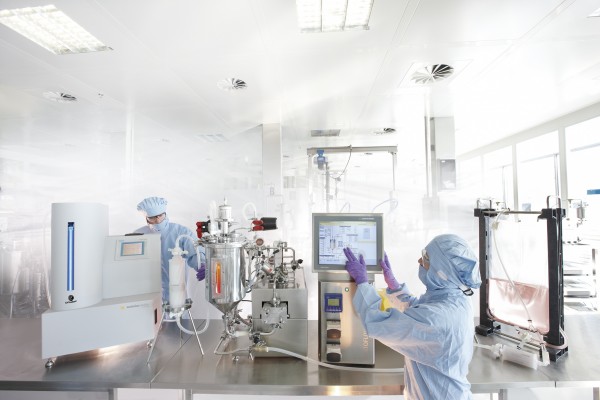Teutonic Technology Transcends Trends

November 2, 2012
Germany’s commitment to advanced technology is legendary, going back to the industrial revolution in the 19th century. As competition with China and other Asian countries has grown in recent decades, the German response has been to develop a culture of ultra sophisticated technologies that keeps them a step ahead of their competitors, not only in Asia, but also among other industrialized western countries. Without this edge, Germany will not be able to continue to pay out wages that are among the highest in the world.
How do they do this? According to the Scientific American (October 12, 2012 p 41) Germany has developed an intimate and long standing relationship between the academic and industrial sectors in which companies come to universities researchers with extremely complex challenges that are met with solutions from the best engineers, physicists, and computer experts in the world. This strategy is especially prominent in industrial sectors such as the auto industry. The article cites the case of the textile manufacturing industry which has morphed into a producer of micro fabrics, abandoning traditional textile manufacturing altogether.
However, this model doesn’t seem to work as well in the life sciences industry. According to Dr. Uwe Gottschalk, VP for Purification Technologies at Sartorius Stedim in Germany, “We suffered a massive brain drain of our genetic engineering work force years ago. Unfortunately we have not yet completely recovered from this setback.”
The pragmatic German solution is more or less, “if you can’t beat them, join them.” That is, German life science companies such as Sartorius, have developed collaborative agreements with the US industrial sectors. “We work with smaller, more nimble companies,” he continued. “We are screaming for new ideas from small players, but not necessarily from academia.”
“That being said, the American academic bioprocessing sector tends to be more practically directed than its German counterpart,” he added. To this extent, the collaborations with the American rather than the German academic life sciences sector are more appropriate.
In Gottschalk’s opinion the life sciences industry is currently in a state of flux. “Initially the US got jump on Germany and other European countries. So we missed first wave but we are catching the second and the third waves of innovation. This makes me optimistic about the future.”
Comments
Submit a Comment
Please be sure to fill in all information. Comments are moderated. Please no link dropping, domains as names; do not spam and do not advertise.

 RSS Feed
RSS Feed
There are currently no comments